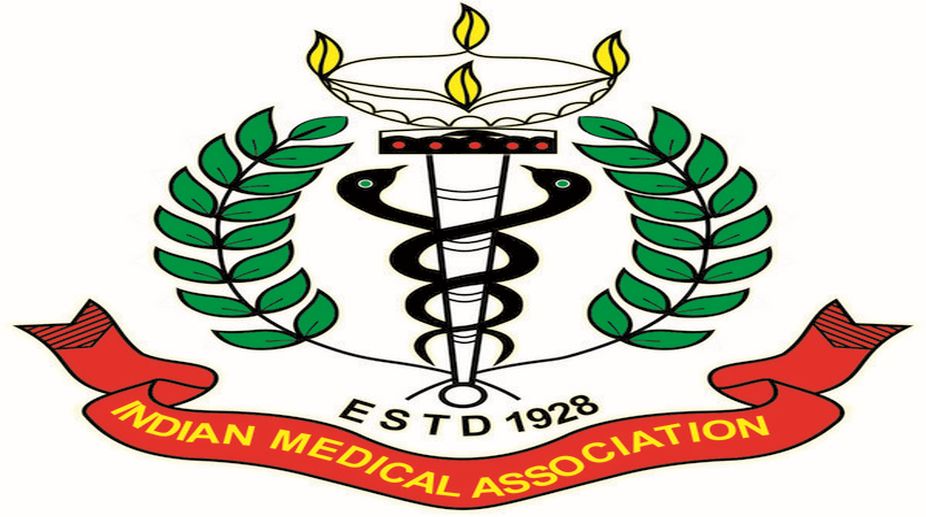Sleep like never before: Patanjali’s ayurvedic rituals for ultimate rest
Discover Ayurvedic sleep rituals inspired by Patanjali for a restful night. Learn how herbal teas, self-massage, and mindful practices promote better sleep and relaxation.

Indian Medical Association
Indian Medical Association (IMA) “mahapanchayat” in the Capital on Sunday shall decide the course of action the doctors may take to make public aware about the risks associated with the proposed National Medical Commission (NMC) Bill.
The IMA has opposed the Bill that seeks to create a medical commission (NMC) to oversee medical education and practice by doctors. It shall replace the Medical Council of India (MCI), the existing agency facing allegations of corruption.
Advertisement
Senior officials of IMA said they were expecting thousands of doctors to come from all parts of the country to participate in the mahapanchayat.
Advertisement
Dr Ravi Wankhedkar, national president of IMA said, the changes in the National Medical Commission Bill recommended earlier this week by a parliamentary standing committee did not address the association’s two key concerns.
He elaborated it did not provide for adequate representation of doctors or states in the proposed regulatory structure. Secondly, it proposed a “bridge course” to allow practitioners of Ayurveda or homeopathy to prescribe modern medicines.
“Unscientific mixing of systems and empowering non-doctors to practice medicine is a measure inviting disaster and a crime against humanity.
All this is being done when 63,000 MBBS doctors graduate every year and there are less than 3500 vacancies in PHCs. This intent of the government is malafide and will cost thousands of human lives,” Wankhedkar pointed out.
The IMA, which has a membership of about 2,80,000 doctors, has over the past month organised meetings in dozens of towns across the country through local branches to bolster public awareness about its concerns.
“We want people to understand how the NMC Bill will impact them,” Wankhedkar remarked.
The parliamentary standing committee that examined the Bill has recommended that states should have the flexibility “to enhance the capacity of existing healthcare professionals” such as alternative medicine practitioners, qualified nurses and pharmacists to address state specific needs in rural areas.
According to proposed Bill, the NMC will be a 20-member body comprising a chairperson, a member secretary, eight ex-officio members and 10 part time members.
Out of the eight ex-officio members, four shall be presidents of the boards constituted under the Act and remaining four shall be nominees from three ministries viz health, pharmaceuticals, HRD and one from Director General of Health Services.
Advertisement